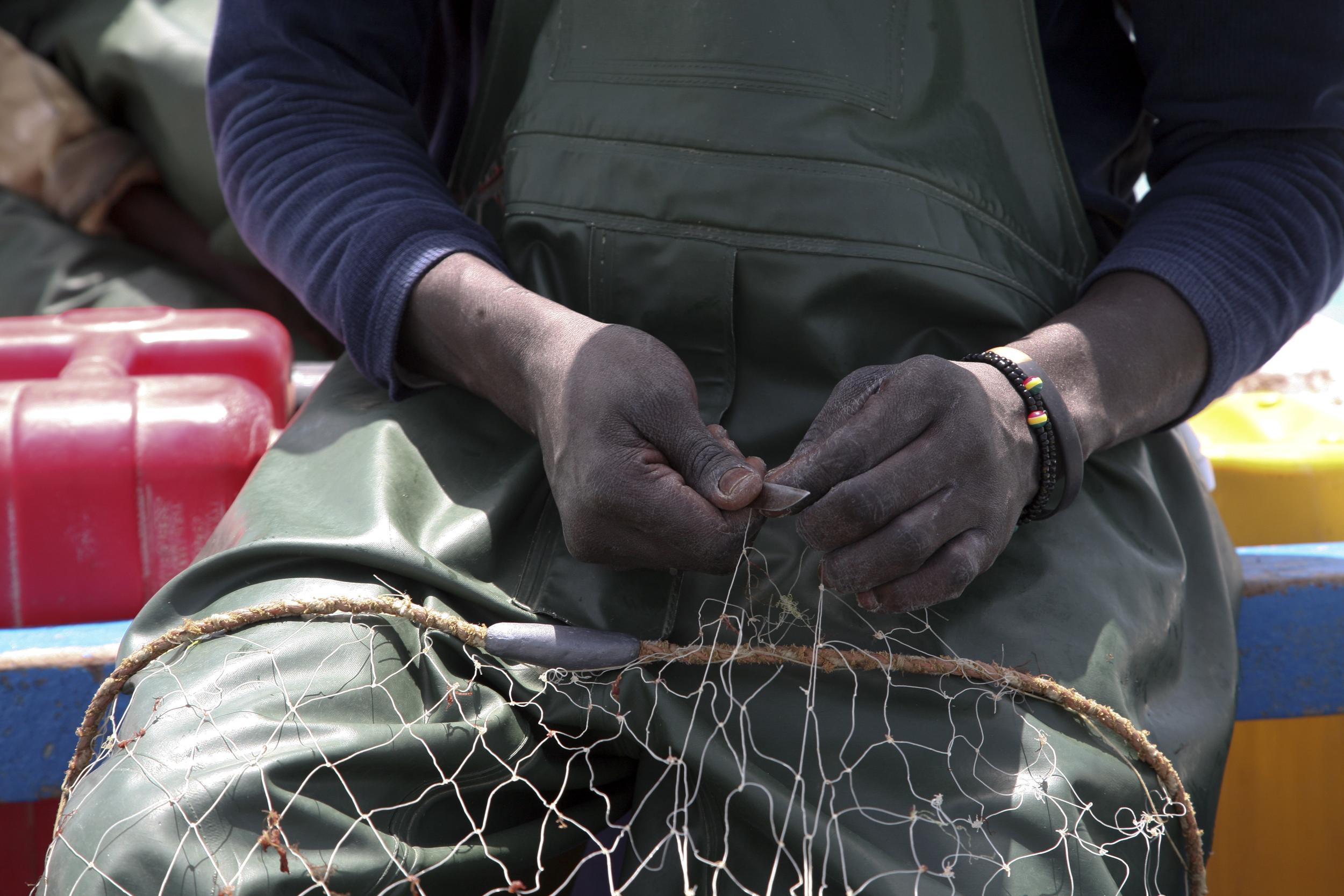There’s something romantic about our oceans – so much mystery and wonder. They’ve been the inspiration for countless novels, poems and paintings for centuries.
But until recently the oceans were perceived to be so gigantic, so mighty that a little old species like us (humans) could never drastically impact or change them.
It’s now obvious that this is anything but the truth. Never in human history have our oceans faced such a perfect storm of different threats. Industrial fishing, oil drilling, plastic pollution, deep sea mining and the climate crisis to name a few. As a result the oceans are being pushed to breaking point.
‘30 by 30’ – a rescue plan for the oceans
The good news is that it’s not too late to save them. For the last couple of years Greenpeace has been campaigning to get at least 30% of the world’s oceans protected by 2030. This is the minimum amount of protection experts say is required this decade to allow our oceans to properly recover.
But is protecting 30% of the oceans really enough to save them? It’s a valid question and one that we’ve been asked a lot by our supporters.
Our oceans are vulnerable
Right now less than 3% of the oceans are properly protected, which means any harmful industrial activity is banned. Straight away you can see that this leaves the overwhelming majority of our oceans extremely vulnerable to destructive industries.
Over 3 billion people in the world rely on the oceans for their diet or livelihoods. And I’m not talking about the huge corporations profiting from the plunder. I’m talking about local communities and small-scale fishers who’ve lived in harmony with the oceans for hundreds of years – taking only what they need without disrupting entire ecosystems.
Our oceans are in a mess because of big business – whose greed is posing a direct threat to the way of life of frontline communities, causing fish populations to collapse and threatening more and more marine animals with extinction.
We all rely on the oceans to survive
It’s not just coastal communities that rely on the oceans – we all need them to survive. Our oceans produce half of the Earth’s oxygen. Healthy oceans are also vital in the fight against the climate crisis – the deep sea is the largest reservoir of stored carbon on Earth. We can’t have a healthy planet without healthy oceans.
The oceans need space to recover
The amazing thing about our oceans is that when they’re left alone and given space they show an incredible ability to bounce back. And the best way to allow them to rejuvenate is to create a network of Marine Protected Areas (MPAs). These are areas where all destructive industrial activity is banned.
Creating a network of MPAs in 30% of our oceans this decade will give them the space they need to recover. But that doesn’t mean nothing else would need to change. We also need to move towards well managed small-scale fishing in the remaining 70%, ending the most destructive industrial activities and treating the whole ocean with more respect.




